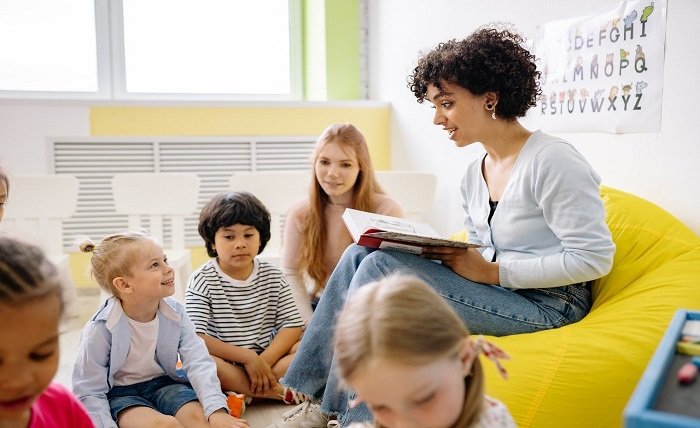Early Childhood Education: Why Is It Essential for Socialising Your Kid?

Busby, a charming suburb located in the southwestern region of Sydney, Australia, is renowned for its family-friendly atmosphere and close-knit community. With its tree-lined streets, well-maintained parks, and convenient amenities, Busby offers an idyllic setting for families to call home. Meanwhile, every parent wants their children to grow up to be confident, well-rounded individuals who can thrive in social settings. And early childhood education plays a vital role in fostering essential social skills and shaping the socialisation process for young children. So this article will explain why early childhood education is essential for socialising your child. From building social competence to promoting empathy and teamwork, institutions offering child care in Busby provide a nurturing environment where children can develop crucial social skills that will benefit them throughout their lives.
Building Social Competence
Early childhood education provides a structured environment where children have the opportunity to interact with their peers and educators. Through play-based activities, group projects, and cooperative learning experiences, children learn how to navigate social interactions, develop friendships, and communicate effectively. The early years are crucial for building social competence, and early education programs offer a supportive platform for children to learn and practice these vital skills.
Developing Communication Skills
Effective communication is the cornerstone of healthy social interactions. Hence, early childhood education focuses on developing communication skills, enabling children to express their thoughts, needs, and emotions in a clear and respectful manner. Through storytelling, role-playing, and group discussions, children learn to listen attentively, articulate their ideas, and engage in meaningful conversations. These communication skills lay a strong foundation for positive social interactions both inside and outside the classroom.
Promoting Empathy and Emotional Intelligence
Empathy and emotional intelligence are essential for building strong relationships and fostering a caring and compassionate society. As such, early childhood education creates an environment where children learn to understand and appreciate the feelings and perspectives of others. Through activities that encourage sharing, collaboration, and conflict resolution, children develop empathy, learn to manage their emotions and respond to the emotions of those around them. These skills are crucial for building positive social connections and fostering a sense of empathy towards others.
Encouraging Teamwork and Collaboration
Collaborative skills are highly valued in today’s interconnected world. As such, these institutions provide opportunities for children to work together in groups, engage in team projects, and solve problems collectively. These experiences teach children the value of teamwork, cooperation, and compromise. They learn to appreciate diverse perspectives, contribute their ideas, and work towards common goals. Such experiences lay the foundation for successful collaboration in later stages of education and in their future careers.
Cultivating Cultural Awareness and Diversity:
In early childhood education, children are exposed to diverse cultures, traditions, and perspectives. Children develop an appreciation for diversity through multicultural activities, celebrations, and exposure to different languages and customs. They learn to respect and value differences, fostering a sense of inclusivity and acceptance. As such, it promotes a global mindset and prepares children to thrive in a multicultural society, equipping them with the social skills necessary to navigate and embrace diversity.
Early childhood education is not solely focused on academic learning; it plays a crucial role in shaping a child’s social development. By providing a nurturing and stimulating environment, institutions offering child care in Busby support children in developing social competence, communication skills, empathy, teamwork, and cultural awareness. These essential social skills serve as a solid foundation for their future interactions, relationships, and overall success in life. And as parents, investing in your child’s early education is a powerful way to foster their socialisation process and equip them with the social skills necessary to navigate the world with confidence, empathy, and resilience. So, embrace the benefits of early childhood education and set your child on a path to social success.





